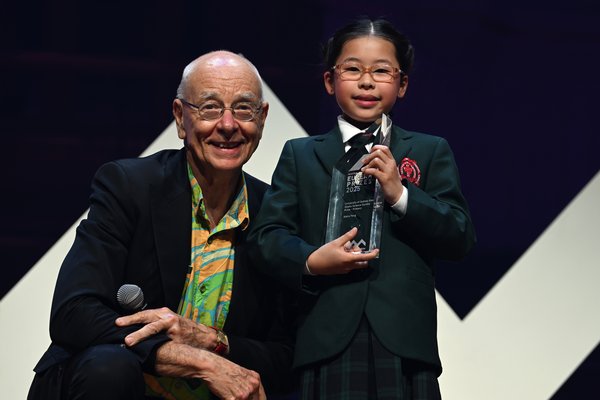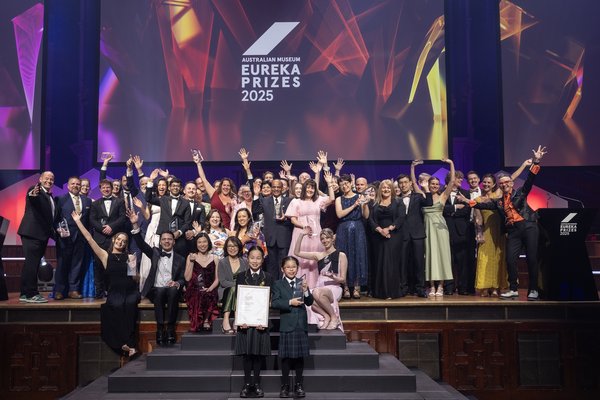How to judge a national science prize: inside the Eureka Prizes
The Australian Museum Eureka Prizes are judged by dozens of Australian and international experts at the top of their fields. One of those judges is Aussie astronomer Professor Bryan Gaensler, currently ensconced at the University of Toronto. After more than 10 years as a judge of the Eureka Prize for Emerging Leader in Science, Bryan gave us an insight into the formidable process of selecting the best from a brilliant bunch.

Bryan Gaensler" by TEDxSydney is licensed with CC BY-NC-ND 2.0. To view a copy of this license, visit https://creativecommons.org/licenses/by-nc-nd/2.0/
We start with a clear criteria
This makes the jobs of judges much easier. We read each application, look for the ways they address the criteria and give a score for each aspect. These scores are combined, and then we get together to discuss what has come out of it.
But the criteria is just a starting point
We talk them through in detail to develop a final ranking, the selection of finalists, and the choice of the overall winner of the prize.
We don’t always agree
Almost every year there are differences in how the judges assess the applications – sometimes my clear favourite is the one that another judge likes the least, and vice versa!
But that’s a good thing
It’s important to have diverse perspectives on a panel, rather than to apply a narrow set of views of what excellence looks like.
We always find common ground
In such cases, we talk through our opinions, and this has always been a very insightful and collegial conversation where we share insights and different points of view. It usually doesn’t take long to converge on our decisions.
The overall common thread in the list of past winners of the Eureka Prize for Emerging Leader in Science is of drive, vision and sacrifice
These people don’t just wake up each day saying, “I wonder what should I do today?”, but set out a careful long-range plan some time ago. With grit and guts and brilliance and patience, they’re gradually making their way to the goals they set themselves.
There’s nothing quite like the Australian Museum Eureka Prizes
I tell my colleagues here in Canada that we have not just one national prize for science, but a whole suite of prizes, and they’re amazed. It’s so important and special that Australia values science in this way, at a national level.











